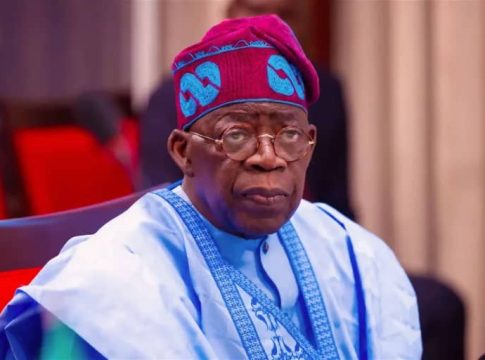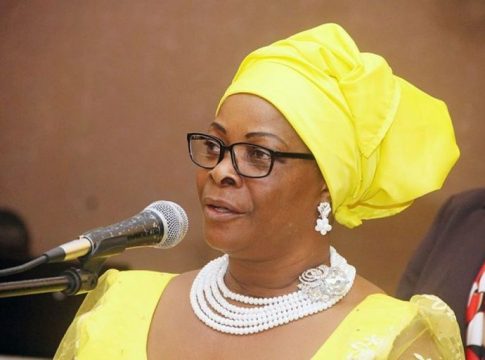Nigeria’s President Bola Tinubu has expressed firm support for his decision to reinstate the nation’s old national anthem, “Nigeria, We Hail Thee,” emphasizing its importance amidst widespread critique. This stance was clarified during a meeting with the Arewa Consultative Forum (ACF) in Abuja’s Presidential Villa.
Earlier this week, President Tinubu’s enactment of a bill to resurrect the old anthem sparked considerable debate across various circles. However, Tinubu, in his dialogue on Thursday with the ACF, firmly addressed the criticisms, underscoring the reintroduction as a significant priority aligned with national values.
“Let me allude to something that happened yesterday. The change of national anthem, ‘Nigeria, we hail thee’,” President Tinubu articulated at the gathering, highlighting his alignment with the legislative decision. “If they make law, I’ve got to obey that law,” he added, in response to those questioning his priorities.
The meeting also served as a platform for President Tinubu to advocate strongly for national unity. Highlighting Nigeria’s diverse cultural landscape, he pointed out the country’s unique strength lies within its varied heritage. Tinubu reflected on the origins of Nigeria’s name, reinforcing the identity shared by citizens as enshrined within their passports.
“Our diversity is our strength,” Tinubu conveyed, urging the people to embrace and safeguard their unity as Nigerians, regardless of ethnic or regional differences. He stressed the divine orchestration behind individuals’ origins, promoting a message of brotherhood and sisterhood amongst all Nigerians.
READ MORE: President Tinubu Moves To Restore Old Nigeria’s Old Anthem, Signs A Bill
President Tinubu, recalling his electoral campaign, mentioned, “When I came begging for votes, I didn’t say vote for me as a Yoruba man, I said vote for me as Bola Ahmed Tinubu.”
With his administration moving forward, President Tinubu’s deliberate focus on unity and his decision to revert to the old national anthem highlights a broader gesture towards fostering national cohesion and reflecting on foundational values that have shaped Nigeria.
Source: Africa Today News.




